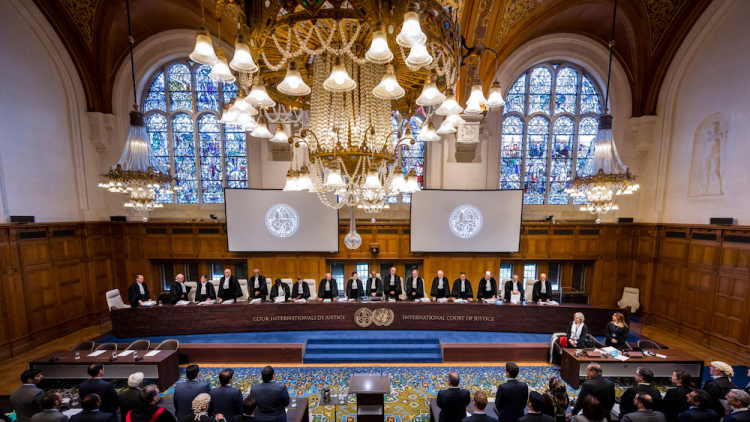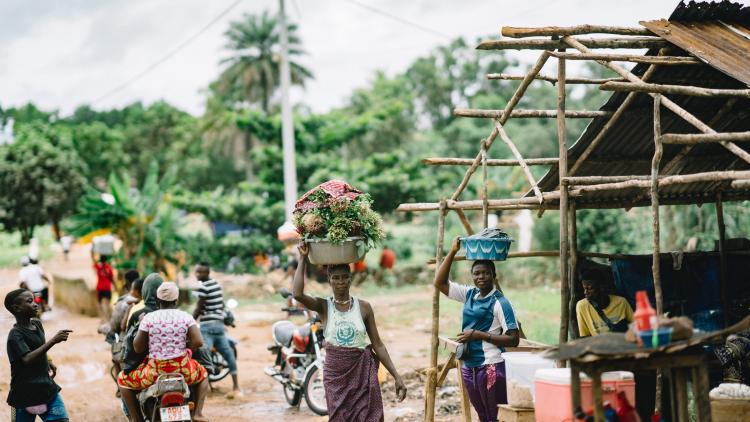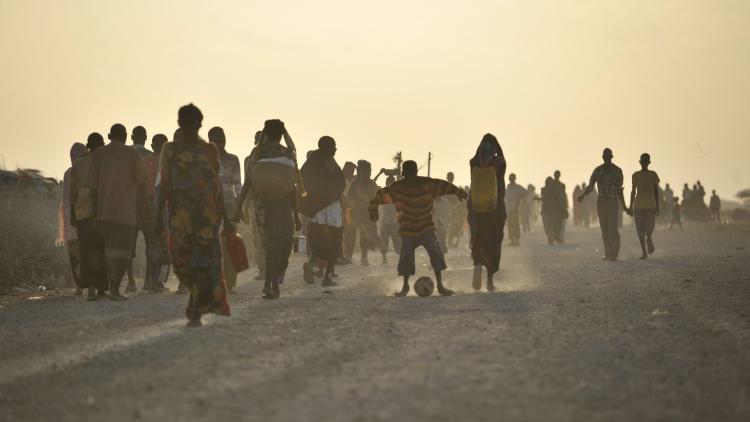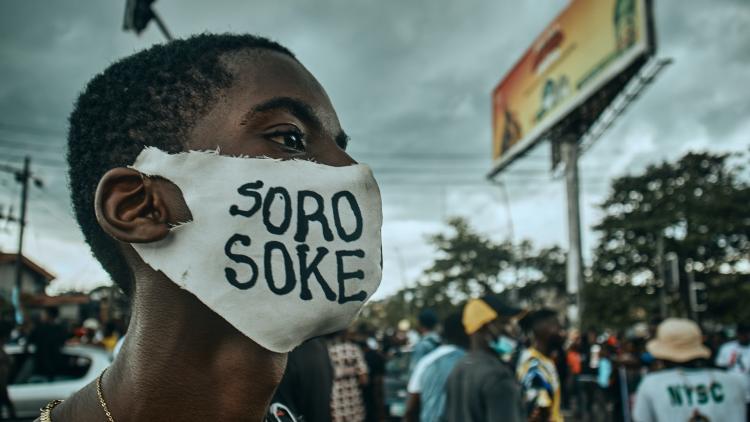LLM Law and Gender
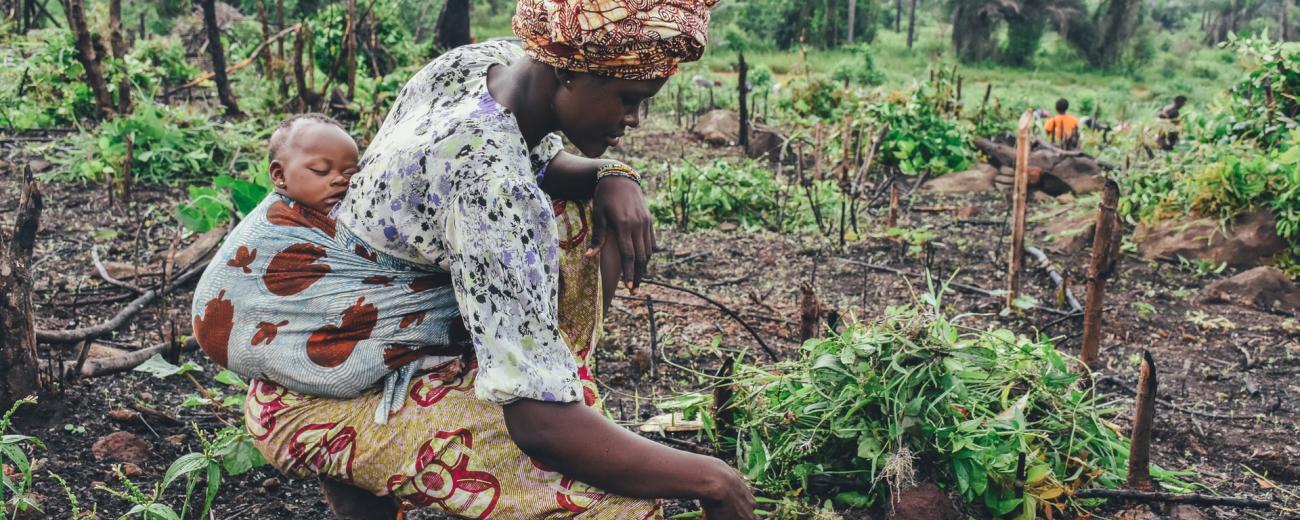

Key information
- Duration
- One calendar year (full-time), two or three years (part-time, daytime only)
- Start of programme
- September
- Attendance mode
- Full-time or part-time
- Location
- Russell Square, College Buildings
- Fees
-
Home student fees: £15,130 per year
Overseas student fees: £25,740 per yearPlease note that fees go up each year.
See postgraduate fees for further details. - Course code
- M3U1
- Entry requirements
-
A 2:1 degree in a relevant undergraduate degree.
If you have a lower degree classification, your application may be considered if you can present a strong case, either through relevant work experience, other legal qualifications, or a strong supporting statement. References are not required, but can help build a stronger application if you fall below the 2:1 requirement or have non-traditional qualifications.
See international entry requirements and English language requirements.
Course overview
The SOAS LLM in Law and Gender offers an interdisciplinary, intellectually and politically rewarding and collegiate space, designed for critical and impactful engagements with law and gender, with a particular focus on the Global South and both historical and contemporary legal and alegal pursuits of gender, sexual, racial, Indigenous, class, caste, disability, post-conflict, post-colonial and environmental justice.
You will approach both law and gender as your critical objects proper, to be explored in a pedagogical world that seeks to creatively and meaningfully overcome the distinction between the academic and the activist, the theoretical and the practical, relying on a praxis that each of you will have a chance to tailor to suit your personal and career needs as well as your unique research impulses and sensitivities.
The LLM Law and Gender is not just your go-to place for exploring interdisciplinary and critical approaches to law and gender in society; it rests upon a unique mission to support you, from the very beginning of this adventure, as both a learner and a teacher, making sure that your past and present personal, activist, academic and professional experiences and future aspirations are acknowledged and nurtured in a way that can equip you with firm and substantial critical directions.
Our students and teaching staff are particularly versed in feminist, queer and critical race theoretical approaches to intersectionality and are deeply engaged in cutting-edge projects across the ‘SOAS regions’ and beyond.
Why study LLM Law and Gender at SOAS?
- SOAS is ranked in the UK top 20 (QS World University Rankings 2023).
- We're ranked 6th in the UK for employability (QS World University Rankings 2023).
- Our research publications have been rated first in the UK - and our School of Law rated sixth in the UK - in the Research Excellence Framework (REF) 2021.
- You will become a member of a vibrant, exploratory community amidst a buzzing metropolis and the wider SOAS contexts.
- We will work together on making this experience truly life-changing and memorable, which will not only equip you with critical approaches to law and gender, well beyond the confines of more ‘traditional’ institutions, but also ensure that you encounter and benefit from our unique, inter- and post-disciplinary, non-hierarchical and deeply collaborative approach to learning-in-the-world.
SOAS Centre for Gender Studies
This programme proudly lays at the intersection of the SOAS School of Law and the SOAS Centre for Gender Studies which, in their own ways, house some of the most innovative, critical and world-renown research on gender and law you will encounter in London, the United Kingdom and the world.
Some of our particular areas of expertise include postcolonial feminist and queer approaches to international and domestic law, diaspora studies and African and Asian feminisms, critical studies of sexual and gender diversity in the Global South, and the intersections of migration, post-conflict, environmental, anti-racist and anti-capitalist studies of law and gender.
Why you?
This programme is perfect for LLB graduates or legal professionals and theorists seeking a deeper, both practice and theory-oriented, engagement with gender studies in law and gender in legal studies — a meeting place for those ready to challenge their accustomed ways of being-in-the-world in community with other, critically-minded teachers and learners.
You will not only join the current explorers along this inter and post-disciplinary path, but also numerous alumni and alumnae around the globe who still cherish this experience as a turning point in their careers and life-paths.
Please note that the LLM is restricted to applicants who hold an UK law degree or international equivalent. If you do not hold a law degree but are interested in pursuing a master’s degree in law at SOAS, please see details of our masters programmes.
Global Partnerships
This programme can be offered as part of a dual LLM degree with University of Bergen.
Through the dual LLM, University of Bergen LLM students can spend either Year Four or Year Five of their five year programme at SOAS studying for an LLM and gain an award from both institutions. For more information and eligible programmes included in the dual LLM, please see the SOAS-Bergen partnership on the Global Partnerships website.
Structure
Students take 180 credits, composed of a dissertation worth 60 credits and 120 credits of taught modules. Students who wish to graduate with a specialised LLM are required to take at least 60 credits associated with their specialised LLM, and the dissertation topic will be undertaken within the LLM specialisation.
Please note that not all modules listed will be available every year.
Important notice
The information on the website reflects the intended programme structure against the given academic session. The modules are indicative options of the content students can expect and are/have been previously taught as part of these programmes.
However, this information is published a long time in advance of enrolment and module content and availability is subject to change.
Dissertation
Dissertation (12,000 words), on a topic related to the specialism of the degree
| Module | Credits |
|---|---|
| LLM Dissertation in Law | 60 |
Taught component
120 credits total
Students take the core modules below (30 credits)
And
- Choose modules from List A to the value of 30 credits
- Choose modules from List A and List B OR from postgraduate open options to the value of 60 credits
List A (subject to availability)
List B (subject to availability)
Open options
Open options will need approval of deputy PG programme convenor (LLM or MA)
Teaching and learning
Students will acquire specialist knowledge of the chosen subject areas of law. This includes, but is not necessarily limited to, knowledge and understanding of the following:
- the theoretical and practical underpinnings of law
- the context in which law is made, interpreted, adjudicated, and amended
- the role played by law in different social and economic environments
- the role and function of legal institutions
- the weight and significance of different sources and methodologies
- students will develop knowledge of how to locate relevant materials and assess their relevance and/or importance
Contact hours
In the Department of Law, most modules have a one or two hour lecture and a one hour seminar every week. Lectures and seminars are often taken by different teachers to provide a variety of angles on the subject. The majority of the student’s time will be through their own independent study. Students become more active in class through their reading and essay-writing and should greatly enhance their participation in discussion groups.
We recommend that part-time students have between two-and-a-half and three days a week free to pursue their course of study.
Dissertation
Its aim is to provide an opportunity for students to conduct original historical, socio-legal and legal-anthropological research on their own initiative, to engage in empirical, intersectional and in-depth analysis of particular subjects and to use a range of primary historical sources, fieldwork data and the like. It is assessed by a single 12,000-word dissertation (including notes but excluding bibliography).
SOAS Library
SOAS Library is one of the world's most important academic libraries for the study of Africa, Asia and the Middle East, attracting scholars from all over the world. The Library houses over 1.2 million volumes, together with significant archival holdings, special collections and a growing network of electronic resources.
Scholarships
Employment
SOAS Law graduates leave SOAS with a thorough understanding of the legal dimensions underlying many of our global challenges today. Our Law students are valued by employers due to their analytical skills, specialist knowledge, and global perspective.
SOAS Law graduates have found the LLM a vital boost to their work as legal professionals and that this Law Masters is an excellent base for further study towards a research degree such as a PhD leading to an academic career.
Recent School of Law graduates have been hired by:
- PwC LLP
- BLM Law
- BloombergNEF
- British Medical Association
- Clifford Chance
- DAC Beachcroft LLP
- Department for Work and Pensions
- EY
- HM Treasury
- Latham & Watkins
- Legal Cheek
- Simpson Millar Solicitors
- The Economist
- Travers Smith
- Vodafone
- World Cancer Research Fund
Find out about our Careers Service.

